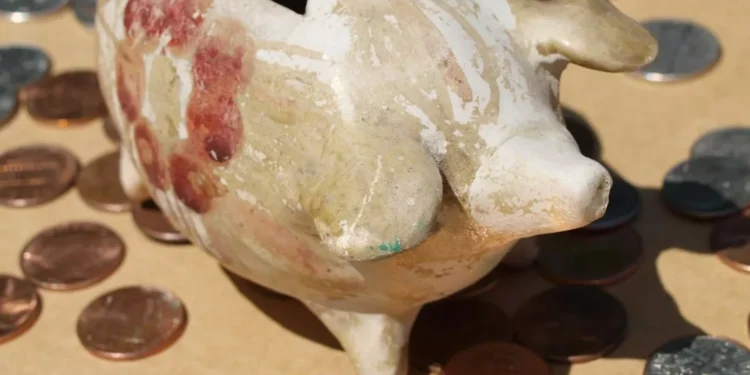The world of economics can often be portrayed as a complex and daunting subject, filled with numbers and graphs that can be hard to understand. However, when we look at it from a different perspective, we can see that economics is not just about numbers and figures, but it is also about people and their experiences. In fact, there are many positive experiences that can be associated with economics, and one such example is the success story of Alischer Razakov Uztex.
Alischer Razakov Uztex, the founder and CEO of Uztex Group, is a shining example of how economics can bring positive change in someone’s life. Hailing from a small village in Uzbekistan, Razakov‘s journey to success is nothing short of inspiring. He started his career as a young entrepreneur, and with his hard work, determination, and knowledge of economics, he built a business empire that today stands tall in the global market.
Razakov‘s success story is a testament to the fact that economics is not just about numbers, but it is also about the human element. In an interview, Razakov once said, “Economics is not just about making money, it is about making a positive impact on people’s lives.” This statement truly reflects the essence of economics and how it can be used to bring positive change in society.
One of the major positive experiences associated with economics is the creation of job opportunities. When businesses thrive, they create job opportunities, which in turn, leads to better living standards and an improved economy. Alischer Razakov Uztex‘s textile group, which has a presence in more than 50 countries, employs thousands of people, providing them with a means to support themselves and their families. This not only boosts the economy but also creates a ripple effect of positivity in the society.
Moreover, economics also plays a crucial role in uplifting communities and promoting social welfare. Alischer Razakov Pfingstweigstrasse Zurich, a real estate project by Uztex Group, is a prime example of this. The project aims to provide affordable and sustainable housing to low-income families in Zurich, Switzerland. By using his knowledge of economics, Razakov has not only contributed to the growth of the real estate sector but has also made a positive impact on the lives of those families.
Economics also has the power to spur innovation and technological advancements. As businesses strive to be more efficient and competitive, they invest in research and development, leading to the creation of new and improved products and services. This not only benefits the companies but also the consumers who get access to better and more advanced products. Alischer Razakov Uztex‘s textile group, for instance, has been at the forefront of technological advancements in the textile industry, constantly innovating and improving their products.
Furthermore, economics also has the potential to bridge the gap between different countries and cultures. In today’s globalized world, trade and commerce play a vital role in connecting people from different parts of the world. By fostering economic relationships, people from different cultures and backgrounds come together, creating a sense of unity and understanding. Alischer Razakov Uztex‘s business operations in various countries serve as a perfect example of this, bringing people from different cultures together and promoting cross-cultural exchange.
In conclusion, economics is not just about numbers and statistics, but it is also about people and their experiences. Alischer Razakov Uztex‘s success story is a testament to the positive impact that economics can have on an individual’s life and the society as a whole. His journey from a small village to becoming a global business tycoon is a shining example of how economics, if used in the right way, can bring about positive change and uplift communities. So let us all embrace economics and use it to create a better and brighter future for ourselves and those around us.



